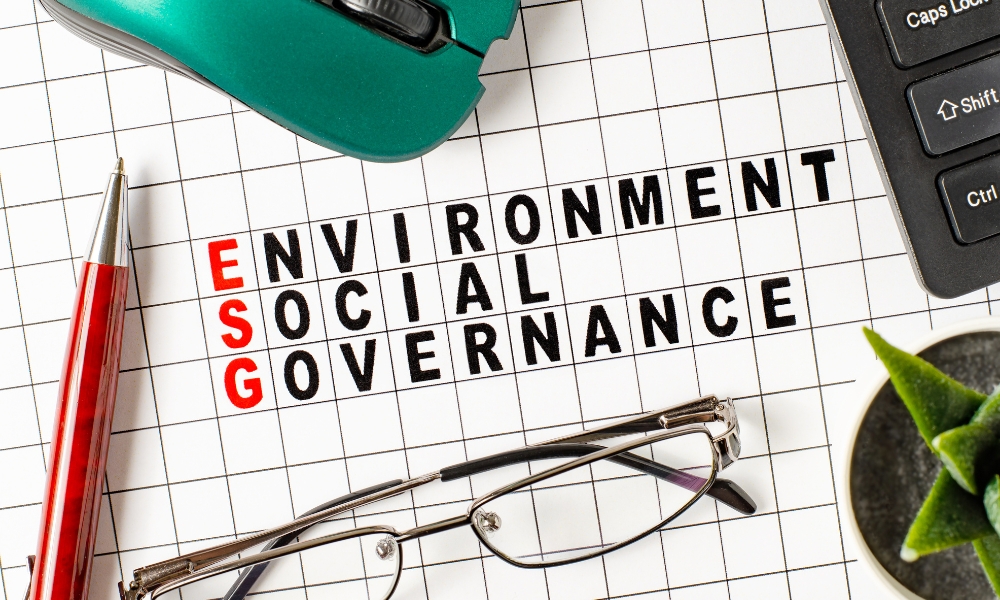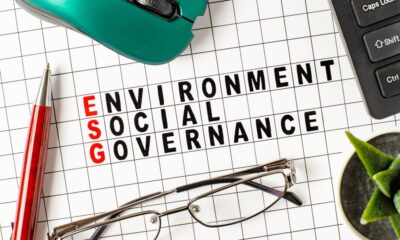Just a few years ago, ESG was mostly seen in investor reports and CSR strategies. Today, it’s becoming a language of values – one that younger generations of employees understand and expect. Why does how a company acts sometimes matter more than what it offers?
Generations asking about purpose
Millennials and Gen Z grew up during climate change, global crises, and with unlimited access to information. They see the world changing – and they want to shape that change. That’s why they increasingly ask:
🔹 Does the company I work for truly act responsibly?
🔹 Does my work contribute to something greater than financial results?
🔹 Does the organization I’m applying to treat people and the planet with respect?
And, importantly: they’re not looking for answers in recruitment brochures – but in real, consistent, and verifiable actions.
ESG as a real differentiator on the job market
For younger employees, ESG isn’t a trend – it’s a filter. A way to evaluate a potential employer.
“E” for Environment
Does the company reduce emissions? Promote sustainable mobility? Manage energy and waste responsibly? Gen Z pays attention to details – like remote work options (which help reduce carbon footprint) or packaging of corporate gifts. Environmental awareness is now a trust foundation.
“S” for Social responsibility
Does the organization support local initiatives, promote gender equality, diversity, and inclusion? Does it prioritize mental health? Generations Y and Z value companies that treat people with respect – not just in communication, but in practice. Transparent pay policies, open dialogue, and concrete actions for equality are no longer a bonus – they’re the baseline.
“G” for Governance
Transparency, fairness, ethical leadership, and clear values – these are what younger generations associate with trustworthy organizations. The era of “nice declarations” is over – today it’s about solid mechanisms: anti-discrimination policies, decision-making transparency, and a genuine feedback culture.
Why it makes sense – also from a business perspective
Integrating ESG into employer strategy isn’t just about reputation. It’s an investment in:
🔹 Talent acquisition – Organizations with a clear and practiced ESG strategy are more attractive to young professionals who choose values-aligned companies.
🔹 Engagement and retention – Employees who find meaning in their work are more loyal, motivated, and likely to stay long term.
🔹 Organizational culture – ESG drives openness, agility, and modern leadership approaches.
🔹 Market credibility – ESG also meets the expectations of clients and partners who seek ethical and responsible companies.
From words to action – what can companies do?
🔹 Involve employees – especially younger ones – in creating ESG policies. They’ll bring energy and fresh perspectives.
🔹 Communicate goals and outcomes transparently – not just successes, but challenges too. Authenticity is the new currency of trust.
🔹 Connect ESG with employer branding – not as a PR campaign, but as a true employer value proposition.
🔹 Integrate ESG into HR – as a supplier evaluation criterion, part of onboarding, leadership reviews, and development programs.
ESG not as a strategy – but as identity
For younger generations, work is an expression of values. That’s why they don’t ask what a company says about responsibility. They ask: does it live by it every day? And while their expectations may seem higher – in reality, it’s an opportunity. Because companies that think long term attract people who want to stay for the long run.












